Philip Cunningham, Independent Scholar
Aug 30, 2019
As the idea of militarization of space technology becomes more and more desirable to nations around the world, two new contenders, China and India, have entered the space race. The world must tread lightly and remain focused on exploration rather than warfare.
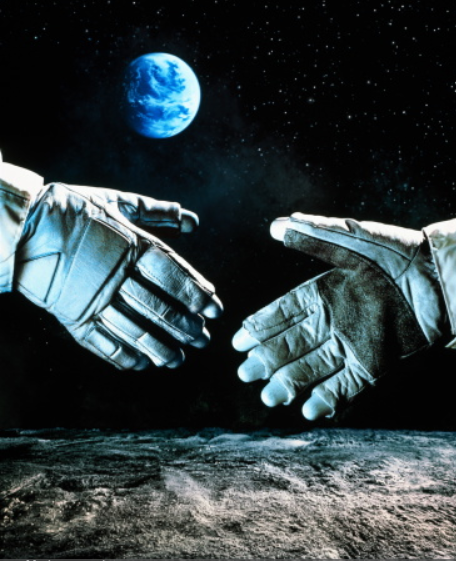
Li Zheng, Assistant Research Processor, China Institutes of Contemporary International Relations
Jan 29, 2019
The fifty-year history of space cooperation offers a more optimistic contrast to the China-US competition back on Earth.
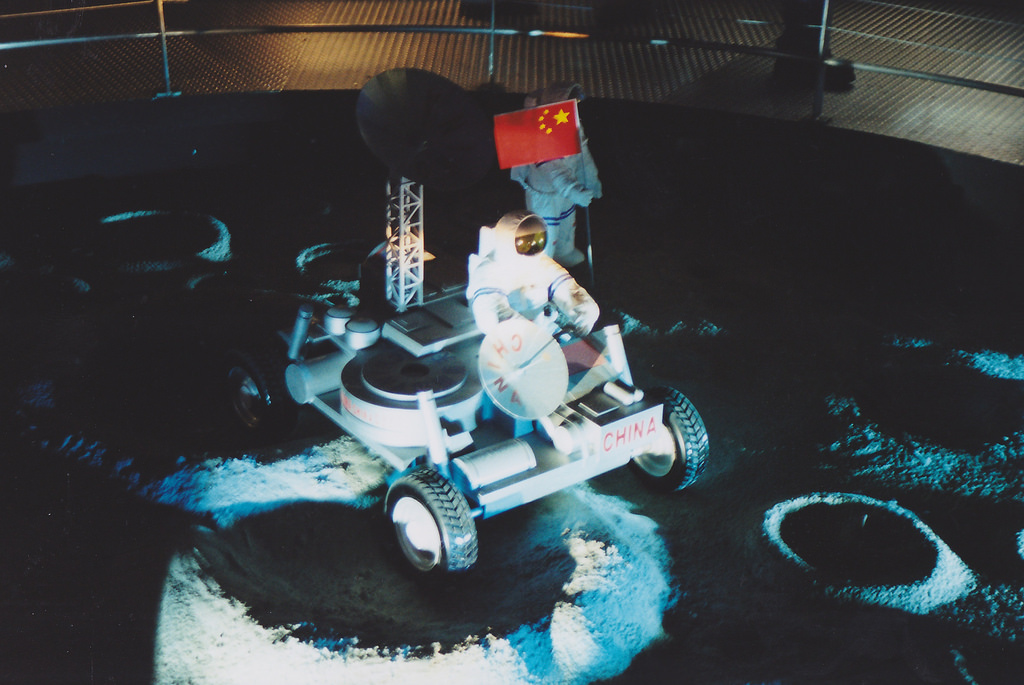
Wu Zurong, Research Fellow, China Foundation for Int'l Studies
Jan 09, 2019
China’s great moon landing shows it doesn’t need US technology, but it could still use some.

Wu Zurong, Research Fellow, China Foundation for Int'l Studies
Sep 20, 2018
Space war benefits no one.
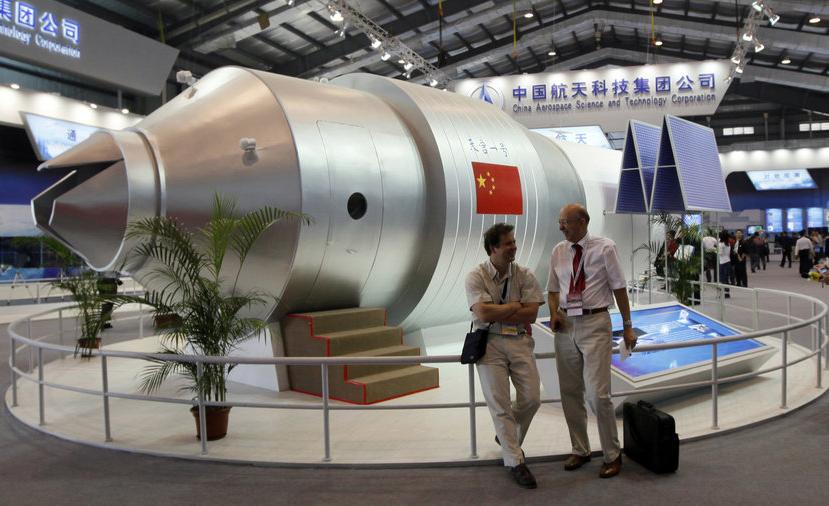
Lea Shih, Research Associate, Mercator Institute for China Studies
Oct 27, 2017
What is the overarching trend of Xi Jinping’s appointments? Put simply, the technocrats are back and have taken over key positions in China’s economic development strategy. But this time they no longer come from traditional industries such as the petroleum or mechanical engineering, but from high-tech industries or the so-called strategic new industries.
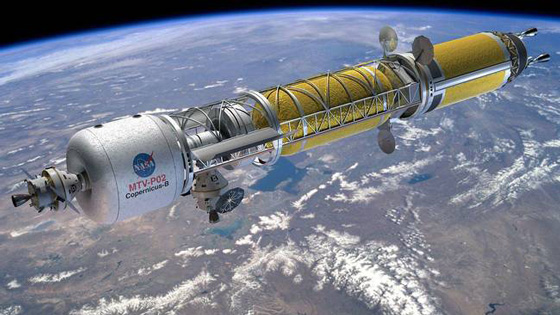
Joan Johnson-Freese, Professor, US Naval War College
May 02, 2017
If the past is any predictor of the future, then whatever capabilities the U.S. develops, other countries will as well. This has reinvigorated the current security dilemma that has long plagued space strategy based on technology defending technology, particularly in the case of the U.S. and China. It is in every country’s interest to pursue ways to enhance communication and clarify expectations of responsible actors in space with as much vigor as they do contingency warfighting plans and the development of new warfighting technologies. That, unfortunately, has not been the case, even though the last two years have seen more progress in diplomatic space efforts through the Committee on the Peaceful Uses of Outer Space than any other time prior.
Robert I. Rotberg, Founding Director of Program on Intrastate Conflict, Harvard Kennedy School
Apr 27, 2017
China’s new satellite tracking and space telemetry station is situated deep in the Patagonian region of Argentina. Argentinians have complained about the facility and widely believe that secret monies may have passed to secure approval for the facility. China says that the purpose of the ground station in Argentina is solely to support deep space exploration and a lunar mission that China may mount later this year.
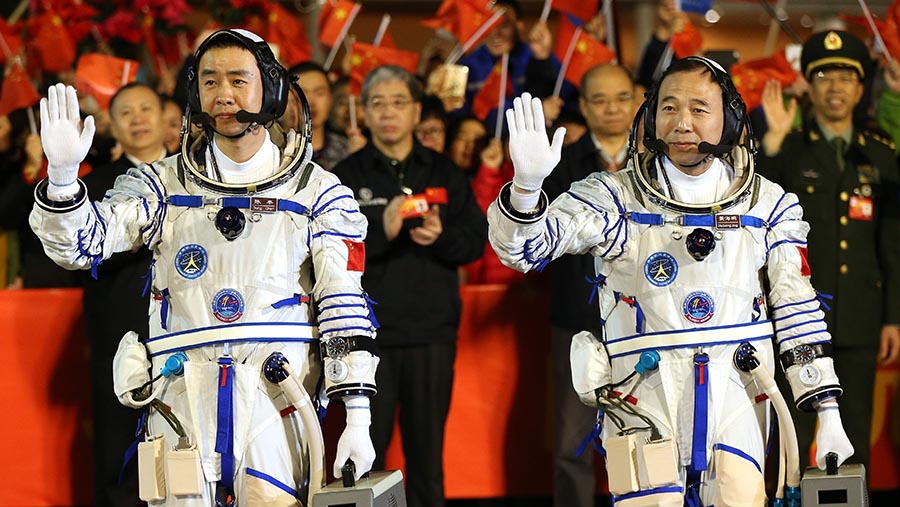
Joan Johnson-Freese, Professor, US Naval War College
Oct 25, 2016
The article details the history and hopeful future of the Chinese Space Program which will likely soon include a manned lunar mission. The program overall has, to some degree, emulated the step-by-step approach of the Apollo program; but, key differences, partnerships, and planning have shaped the slow growing but ultimately successful program. The Chinese space community learned a great deal from Apollo, including how not to get politically backed into in a corner as the U.S. did in its Cold War quest to “beat the Russians” in space.
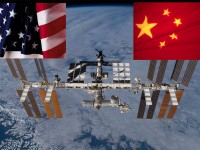
Theresa Hitchens, senior research scholar, University of Maryland
Jun 28, 2016
It is important that the security communities in both the U.S. and China recognize that space is a global commons, and that political entanglement paradoxically benefits both countries. However, the U.S. and China both appear to be ramping up their military responses to each other’s perceived threatening activities. Space cooperation and entanglements will not result in a country fundamentally changing its domestic ideologies or geostrategic goals.
Zhao Weibin, Researcher, PLA Academy of Military Science
Apr 08, 2016
The Obama administration has attached great importance to space cooperation, as stressed in recent official documents on space security, even as it seeks capacity to deter potential adversaries from attacking American space assets. The best way ahead is to formulate an international code of behavior for the interests of all space-faring countries and for the peaceful and sustainable development of outer space.
Back to Top

- China-US Focus builds trust and understanding between the U.S. and China through open dialogue among thought leaders.
- Our Offerings
- Topics
- Videos
- Podcasts
- Columnists
- Research Reports
- Focus Digest
- Stay Connected
-
Thanks for signing up!
- Get the latest stories from China-US Focus weekly.